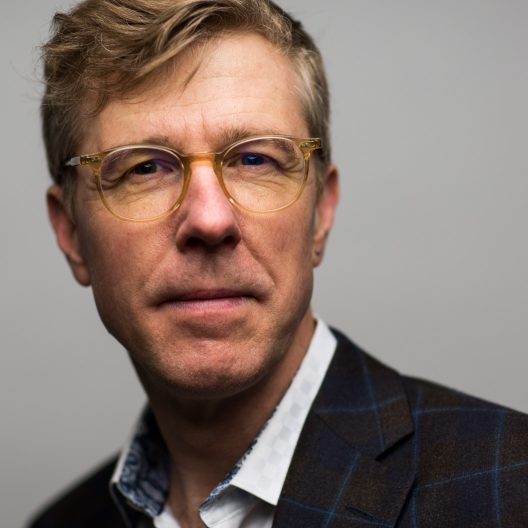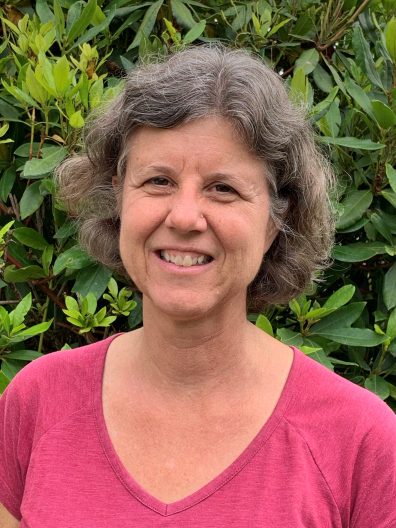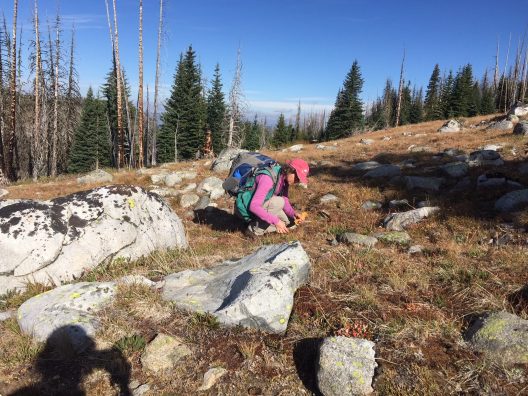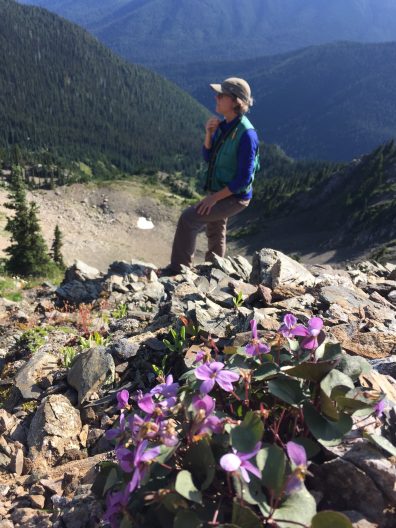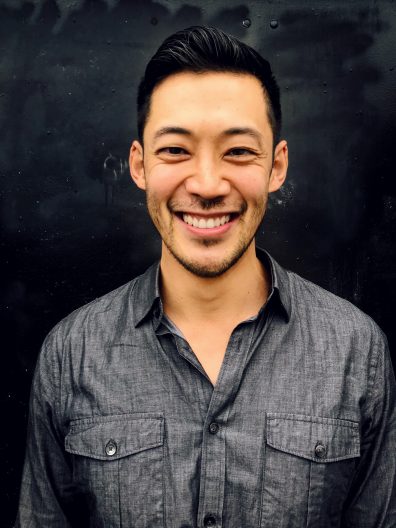
From soil to state policy, SEFS alumnus Jonathan Chen has had a hand in elevating environmental justice concerns for communities in Washington. Chen graduated from UW in June, 2021 with a Master of Science degree. He was working to understand how COVID-19 impacted people’s access to food on UW Seattle’s campus.
Prior to joining SEFS, Chen worked with organic farms and community agriculture programs. After six and a half years, he came to realize that he wanted to make more systemic level changes in our food system policies.
“No matter how many resources I was providing to that community garden, the community I was serving was trapped in a system that created food insecurity. I was addressing the symptom, not the cause,” said Chen.
Chen decided to pursue an interdisciplinary degree in food systems at SEFS, and found an advisor as well as professors in the Nutritional Sciences Program in the School of Public Health and the Department of Environmental and Occupational Health to be on his advisory committee. His committee advised him on courses in the Foster School of Business, the Evans School of Public Policy & Governance, and SEFS.
Initially, Chen set out to study food waste that is generated from the food recovery, or food bank/pantry, network. Tracking the use of donated food could provide insight into how these systems might be scaled up to address initiatives, like the Washington State goal to reduce food waste 50% by 2030. But when COVID-19 hit, the hands-on research required to answer this question was no longer an option and he needed to change course.
Chen pivoted to study how a major shock can impact a university food system universe. “This university has a really unique food system, in that it incorporates both local food sources like the campus farm as well as source some of their eggs and produce from local farms in the Puget Sound area or Washington State. UW also gets a lot of produce and food products nationally and internationally. And then we have a very unique population, with a high percentage of students who are food insecure,” said Chen.
With interdisciplinary knowledge in food systems, environmental policy, and climate justice, Chen graduated and began looking for a role that could allow him to enact real change for communities. Chen started working with the Seattle P-Patch program, which is a municipal community agriculture program, but set his sights on a chance to inform the policies that create such programs. In November 2022, Chen started his current role as a Climate Justice Adviser for the Washington State Environmental Justice Council.
The Council started meeting in 2022 after the Washington State Legislature passed a law called the Healthy Environment for All (HEAL) Act that incorporated the elements of environmental justice into how the government functions. It’s a non-governmental non-regulatory entity made up of community leaders and Tribal representatives. In addition, there are environmental justice practitioners, a youth representative, someone that represents trade unions, and someone that represents business, all working together to elevate the voices of vulnerable populations and overburdened communities and advise the Governor, the state legislature, and state agencies on incorporating environmental justice into their work.
“For the longest time, the government has created laws and policies that affect communities without community voices. This is a new way of creating legislation and budgets through co-governance,” said Chen.
Chen’s position highlights the value of interdisciplinary studies in developing effective environmental advocates.
“There is so much climate policy that’s getting through the State Legislature and the Federal Government that I think it would be beneficial for many students in the environmental sciences to do a dual program, or at least take some classes on policy. There’s a lot of benefit in understanding how policy gets made because there isn’t always a lot of overlap in knowledge between the environmental and policy fields. So if you have both of those knowledge bases, then you have a unique position to make really significant changes,” said Chen.
